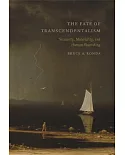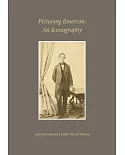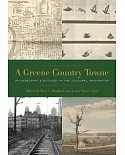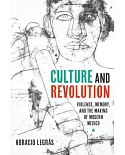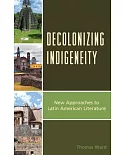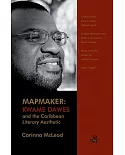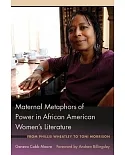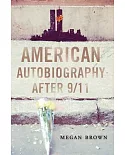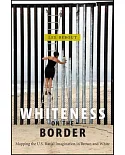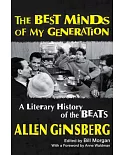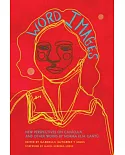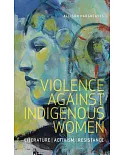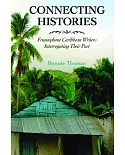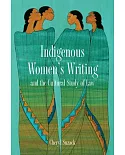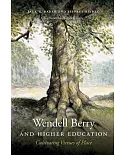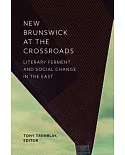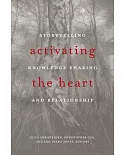The Grapes of Wrath is generally considered Steinbeck’s masterpiece, but the short novel was the form he most frequently turned to and most consciously theorized about, and with
constant experimentation he made the form his own. Much of the best—and the worst—of his writing appears in his short novels. This collection reviews what has been categorized as the “good”
and the “bad,” looking beyond the careless labeling that has characterized a great deal of the commentary on Steinbeck’s writing to the true strengths and weaknesses of the works. The
contributors demonstrate that even in the short novels that are most often criticized, there is more depth and sophistication than has generally been acknowledged.
The essays examine the six most popular short novels—
Tortilla Flat, The Red Pony, Of Mice and Men, The Moon Is Down, Cannery Row, and
The Pearl—in addition to the three usually
thought of as less successful—
Burning Bright, Sweet Thursday, and
The Short Reign of Pippin IV. Because most of Steinbeck’s short novels were adapted and presented as plays or
screenplays, many of the essays deal with dramatic or film versions of the short novels as well as with the fiction. The collection concludes with a comprehensive checklist of criticism of
the short novels.
Contributors. Richard Astro, Jackson J. Benson, Carroll Britch, John Ditsky, Joseph Fontenrose, Warren French, Robert Gentry, Mimi Reisel Gladstein, William Goldhurst, Tetsumaro
Hayashi, Robert S. Hughes Jr., Howard Levant, Clifford Lewis, Peter Lisca, Anne Loftis, Charles R. Metzger, Michael J. Meyer, Robert E. Morsberger, Louis Owens, Roy S. Simmonds, Mark
Spilka, John Timmerman


